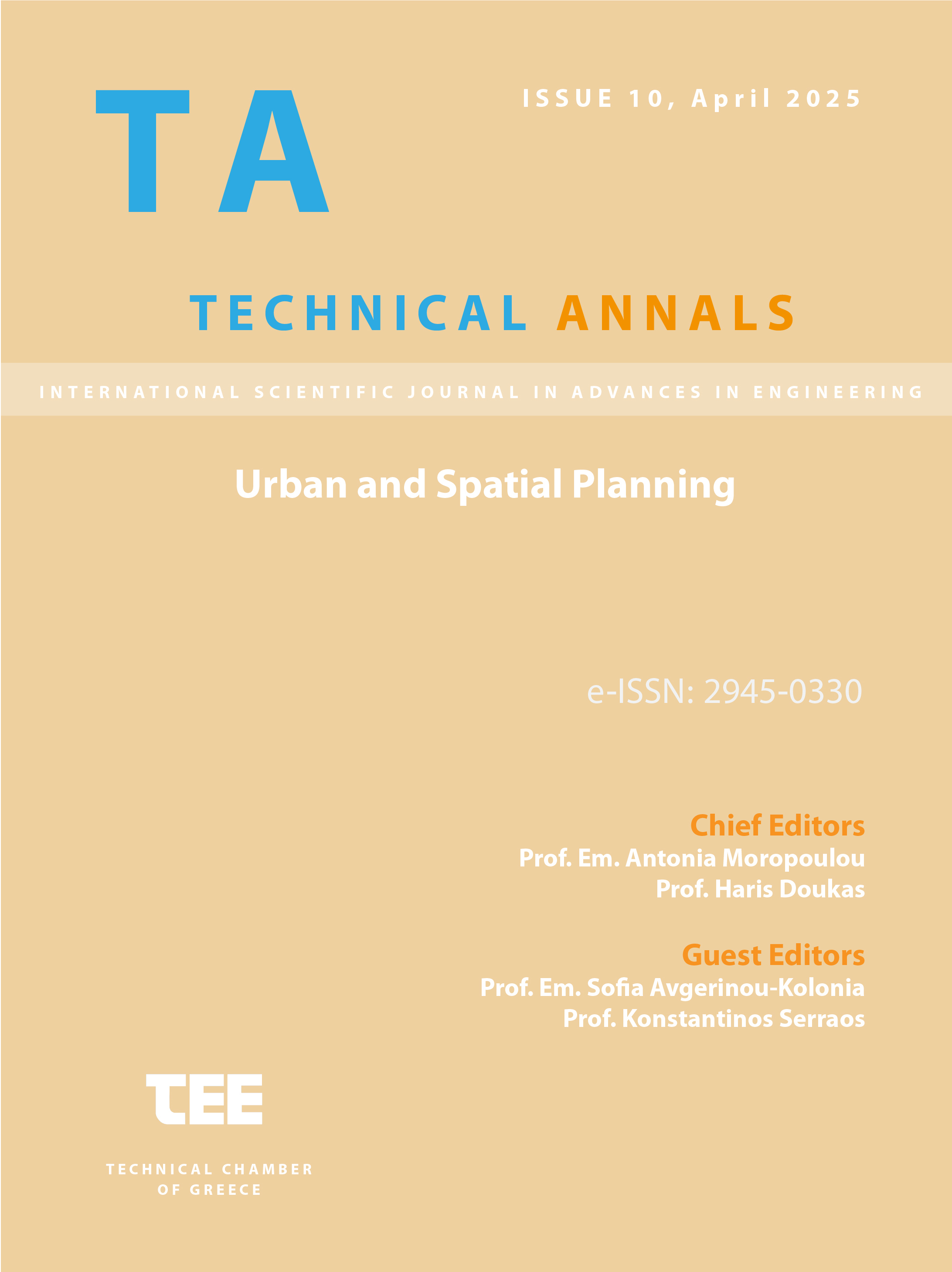The multifaceted role of spatial planning in the sustainable development of Greek tourist destinations: challenges, observations, and proposed directions in today’s era of continuous crises and shifting conditions

Abstract
The article analyzes the multifaceted role that spatial planning must play in supporting the sustainable development of Greek tourist destinations in an era of continuous crises and rapid change. It focuses on five key functions of spatial planning: regulating tourism development, promoting sustainable investments, creating attractive destinations, enhancing resilience, and coordinating the involved stakeholders. Through a systematic review of the literature and an evaluation of applied policies in Greece, it records the dominant typologies of tourism development and highlights critical weaknesses such as the fragmented implementation of policies and the lack of strategic coherence in the spatial planning of tourist destinations.
The article proposes the formulation of a national strategy with an emphasis on the redesign of mature destinations, landscape management, and the adoption of ecosystem-based approaches, aiming to achieve a balance between competitiveness, environmental protection, and social welfare.
Article Details
- How to Cite
-
Sarantakou, E. (2025). The multifaceted role of spatial planning in the sustainable development of Greek tourist destinations: challenges, observations, and proposed directions in today’s era of continuous crises and shifting conditions. Technical Annals, 1(10). https://doi.org/10.12681/ta.41255
- Section
- Spatial Planning

This work is licensed under a Creative Commons Attribution-NonCommercial-ShareAlike 4.0 International License.


